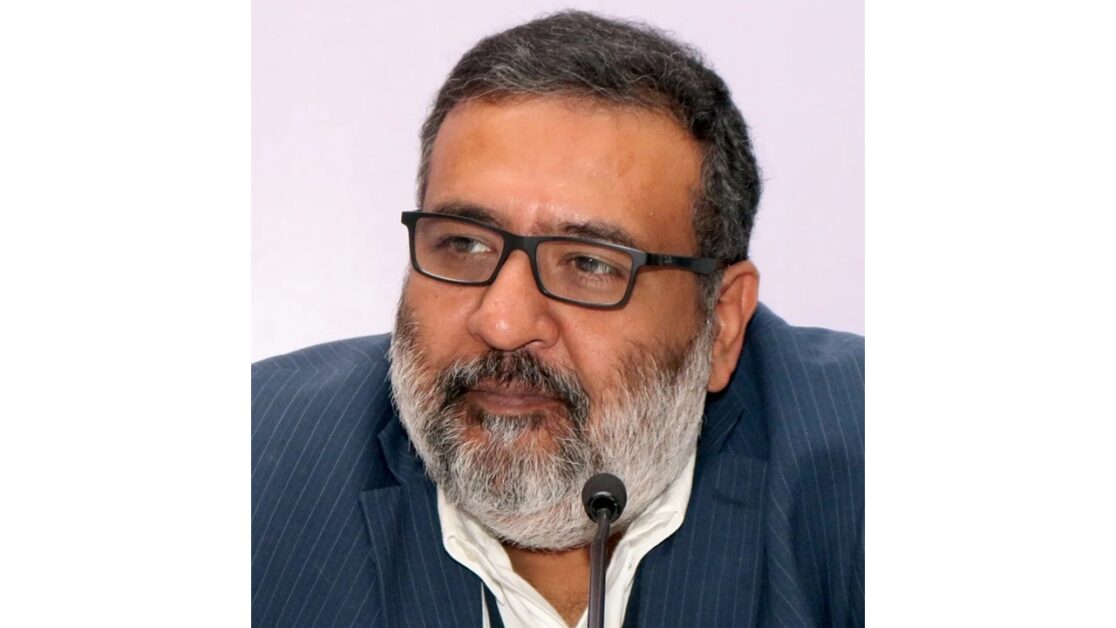Can you walk us through the current challenges of the container train operators?
Since 2006 when the sector was thrown open to private players, a total of 21 licenses have been given. In the first shot, 15 were given and subsequently over the next two decades the rest were added. Obviously, it has been far below the initial expectations. Now, there are 16 active players. Of them, only 5 to 6 are serious players, operating more than 10-12 rakes. Domestic container business has not grown despite an inherent potential. The reasons are poor quality of service, inability of the railways to catch up with the speed of the road transport sector, poor reliability in terms of delivery timelines, absence of transit guarantee. Another big issue is pricing. The problem is that the railway’s pricing does not allow any flexibility in dealing with the market conditions, unlike the road transport option. Secondly, it is biased in favour of heavy cargo. For light cargo, it becomes more expensive than road and a large part of the containerized cargo that we are trying to target is light cargo. We have asked the Railways to give us a price on a per train basis instead of having different prices for different weight slabs and different commodities.
This helps in getting a much better mix of cargo and operators can get a better sort of pricing control over the product in the market, thereby attract more cargo in the market. Poor maintenance of wagons by the Railways is another hindering factor.
When it comes to financial performance, do you need to have the scale of economy in order to be profitable?
Absolutely. If you look at the 16 operators currently functioning, only the larger operators are profitable. Even their profits are marginal. Smaller players have a scale disadvantage.
The Railways has announced setting up dedicated container terminals. What are the implications?
The idea is to boost domestic container business. We have identified 24 locations to begin with, allowing hub and spoke operations at railways terminals. I think over a period of time this approach will allow industry to add about 30-40 extra terminal locations to attract cargo onto the system and that will help both railways and the operators.
With all these developments, do you think we need more rakes coming into operation?
If the Railways is aiming at 35-40 percent of the total cargo share, it needs to take measures to attract more container traffic. It cannot depend solely on coal, cement and steel. In order to increase container traffic, you need more trains. At existing level of productivity, we will need close to 3-times the number of trains that exist today to achieve a 10 per cent share of containers. The trade wants to invest in more trains.
We know that western ports are well connected with northern India. Can eastern ports have rail connectivity with northern region?
The practical reality is that between north India and west India, you are sitting on close to 60 to 65 per cent of the containerisable market in this country. I think for EXIM, the focus remains on the west coast. For domestic, however, the connectivity has to expand in the east. The development of more private container terminals in the east is important because there is a lot of domestic cargo potential waiting to be tapped there.
Do we need more Dedicated Freighted Corridors?
I think we need to expand the DFC network to at least north, south, east, west, and maybe towards the northeast so that it represents about 70 per cent of freight cargo.
What is ACTO doing for its members?
I have now completed five years at the helm of ACTO. We had created a charter, where we wanted ACTO to become a thought leader in the rail logistics sector. I think we have achieved that objective in the sense that almost all the major committees that the government forms or in all the major initiatives that the government takes relating with logistics we are involved.







